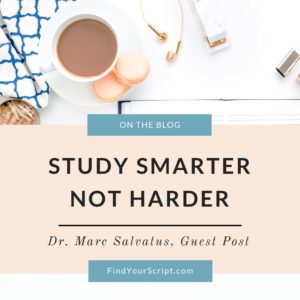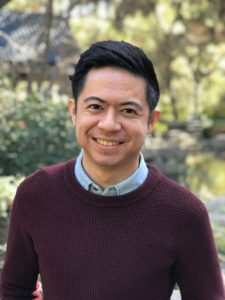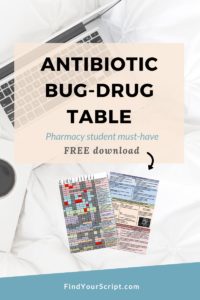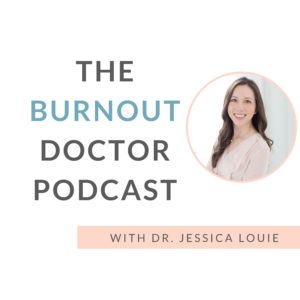
Study Smarter – Not Harder – in Pharmacy School
Grab your FREE Quick Sheet Today!
Studying in pharmacy school can seem like such a daunting task. The expectation to perform academically well, grouped with work, professional organizations, and personal obligations, can leave one feeling overwhelmed and pressed for time. However, the student pharmacist’s life does not–and should not–have to centralize purely around studying. Here are four tips I learned throughout pharmacy school that allowed me to utilize my study time more efficiently, and helped me achieve a better school-work-life balance.
Don’t Get Caught Up in the Details!
It’s easy to get caught up in the details, especially when you are presented with a large volume of drug information to study. However, keep in mind that most therapeutics test questions you encounter will involve some form of drug selection, major counseling points, or monitoring parameters. Safety and relevance are keys! For example, knowing that the peak serum level of lisinopril is achieved 7 hours after administration is not as crucial to tell patients as knowing that cough is a common side effect of this drug.
Learning Objectives
Somewhere in the beginning of almost every pharmacy school lecture is a set of learning objectives. Don’t ignore these! Learning objectives expand upon the concept of not getting caught up in the details. These provide a general guideline on how the lecture should be interpreted and studied, and are really useful when making notes and study guides. On your next quiz or test, see if you can link one of the questions to a learning objective, and I guarantee you will see a pattern!
Create Your Own Notes
Just as a painter remembers every brush stroke, color choice, and nuance of a particular work of theirs, a student remembers more if they create their own notes. This can be done in a variety of ways (e.g., tables, typed or hand-written notes), but it is important to
figure out the method that works best for you.
During my first couple of years of pharmacy school, I used to type my own notes. As efficient as this was, over time I was focusing more on copying and typing quickly, rather than internalizing the information I was reading. Creating hand-written notes became a more effective studying process for me, because then I couldn’t just copy the entire lecture onto paper. I began writing down only the important concepts in my own words, as well as details that were either emphasized during class or weren’t inherently easy for me to learn. Subconsciously, I began to remember what information I wrote where, the ink color I used, what words I highlighted/underlined/circled
test day came around.
Test Yourself
After a certain point, repeatedly glazing over your notes will put you on auto-pilot and won’t make studying more effective. If you find
yourself doing this, begin testing yourself as a way to gauge how much you really know, and to identify areas for improvement. Testing yourself, especially out loud (or whispered!) helps solidify your understanding of the material, and assists in retaining the
information.
An interesting way to take notes as you’re reading through the lecture is to turn the material into test questions. Quizlet.com is a free online service that makes it easy to do this, and it can also present your information in a variety of testing formats (e.g. multiple choice, fill-in-the-blank, flashcards). This is especially useful for learning brand/generic drug names.
Effective studying is an ongoing process. Depending on the topic and the student’s learning style, study methods can vary. However, studying can generally be broken down into creating your own study material, going over that material, and applying what you learned by testing yourself. If you keep in mind the four points discussed above, I am confident that you will develop your own effective study habits, which in turn will allow you to have a more balanced pharmacy school experience!
Grab your FREE Podcast Workbook & Listen today!
Author Bio
Marc Salvatus, PharmD is a pharmacist in Los Angeles, CA and recent graduate of West Coast University, School of Pharmacy. His interests include academia, infectious diseases, and informatics. As a way to give back to his school and pursue his passion for academia, Marc volunteers his time delivering guest lectures on various topics at WCU.



